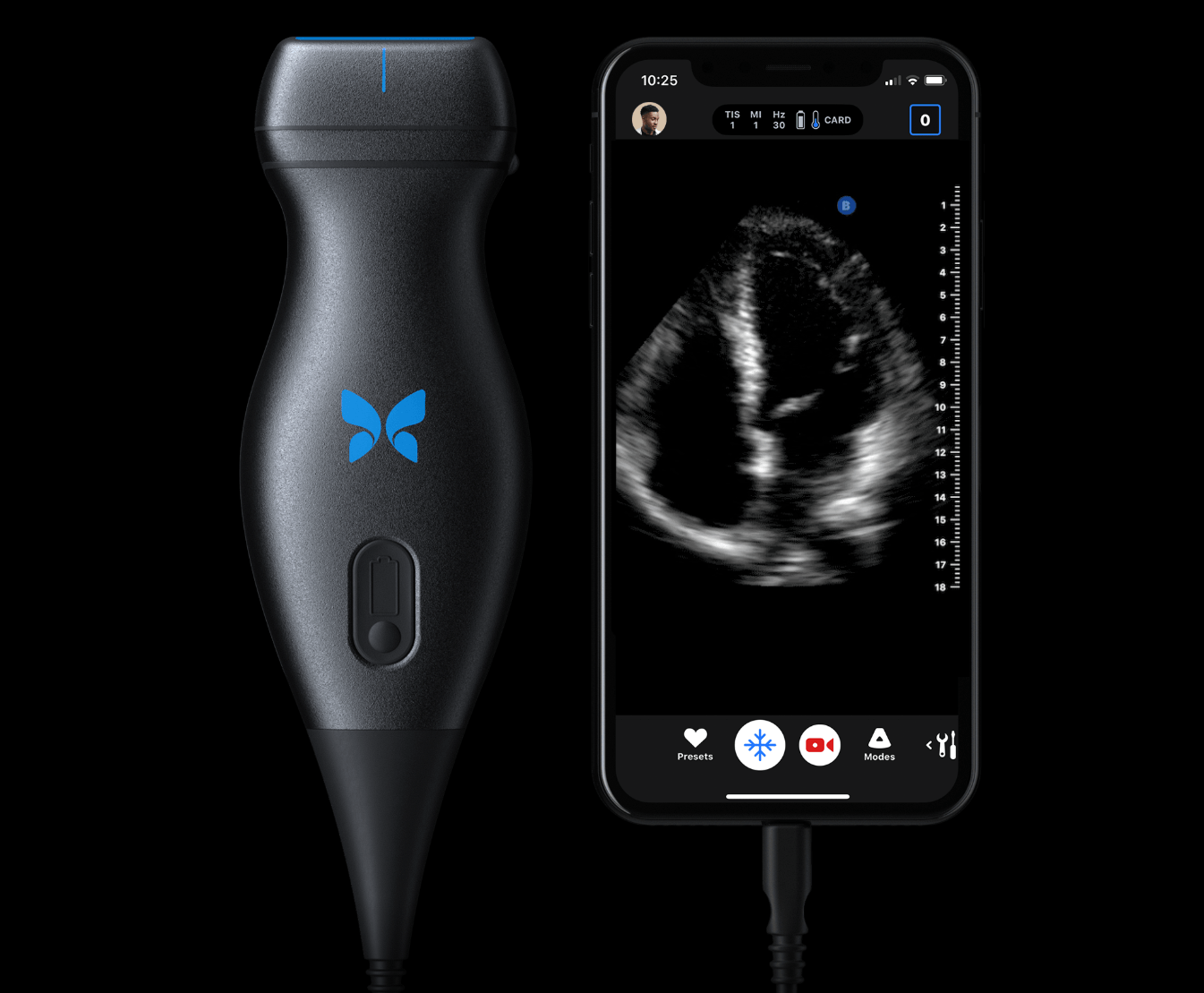
What You Should Know:
– Butterfly Network, Inc. (NYSE: BFLY), a digital health company transforming care with handheld, whole-body ultrasound, today announced it received a grant in the amount of $5 million from the Bill & Melinda Gates Foundation to improve maternal and fetal health.
– Through this grant Butterfly will provide 1,000 healthcare workers in Sub-Saharan Africa with Butterfly iQ+, the world’s only handheld
Advance Maternal and Fetal Health
Butterfly Network will document best practices for point-of-care ultrasound utilization that can be leveraged to optimize the qualitative and quantitative clinical and economic impact of Butterfly iQ+ deployments across other care settings. Additionally, a portion of this grant will also be used to accelerate the launch of new maternal and fetal health capabilities available within the Butterfly iQ+ mobile application.
Why It Matters
The device is changing the way the world uses imaging in both routine medical care and life-threatening situations. It was key during the early days of the pandemic when we knew so very little about the virus. iQ+ is the first single-probe, a whole-body ultrasound that plugs into a cell phone or tablet (and first chip-based — which means it’s durable unlike traditional ultrasounds and could be dropped in an active war situation, for example, and not break).
In war-torn Yemen, medical personnel are being trained remotely by American and Canadian doctors to more quickly diagnose patients. And it continues to go where no ultrasound has gone before, often being used to check for pneumonia, one of the top killers of children in poor countries and frequently misdiagnosed. Closer to home in Denver, Colorado, paramedics recently took it upon themselves to take the device out of the ER where it was already working extremely well and into the field to better direct immediate treatment of cardiac patients and help with overflow during the pandemic. The case is featured in a study reported by the National Library of Medicine and published by Cambridge University.
